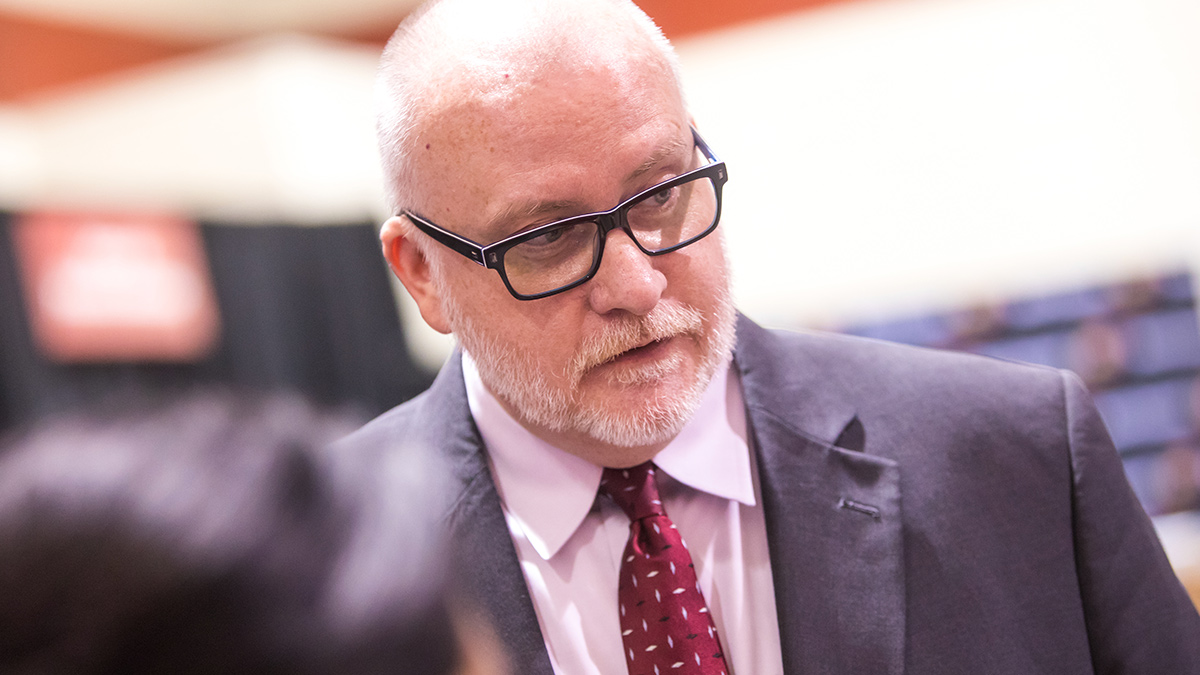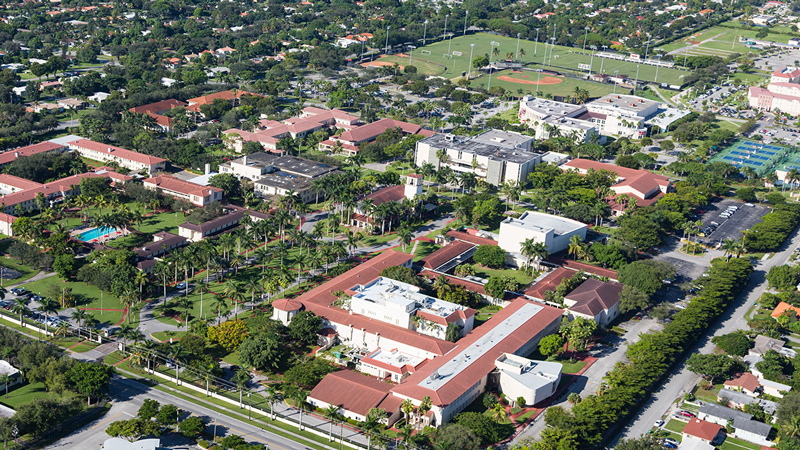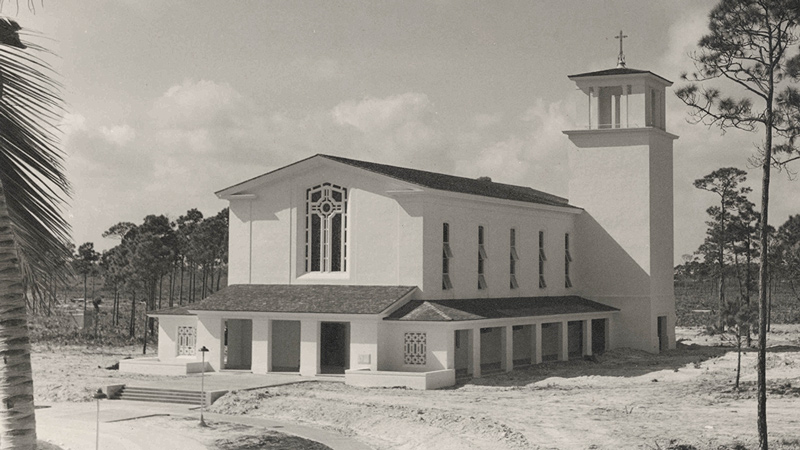The Program consists of an intense academic didactic curriculum with a comprehensive clinical component modeled as a residency and offered at premier health care facilities throughout the state of Florida.
The Program provides for intense and analytic exploration of the basic medical sciences, clinical anesthesiology, professional practice, technology and research methodology. Leadership development is fostered through mentoring and professional activities; cultural competence, caring and a global perspective of health care are stressed. Students learn via a "blended" approach: face-to-face lectures, synchronous web seminars, self-study, group projects, and case discussions. Entering into this rigorous Program is a major undertaking - it is designed only for those capable and autonomous critical care nurses that are highly motivated, strong in the sciences and willing to commit to life-long learning and professional activism.
This graduate level Program is designed as a full-time, continuous (no semester breaks) and sequential program spanning approximately three years (36 months) and totaling 86 semester hours. Upon successful completion of the curriculum, graduates are eligible to sit for the National Certification Examination for nurse anesthetists and are eligible for licensure as an advanced practice professional nurse by the State Boards of Nursing in the state in which the graduate seeks to practice. Upon completion of certification and licensure requirements, graduates attain the professional credentials of Certified Registered Nurse Anesthetist (CRNA) and Advanced Registered Nurse Practitioner (ARNP in Florida or similar terminology used in other states).
Expert nurse anesthetists, physician anesthesiologists and surgeons serve as clinical instructors and provide Barry University student residents with over 3,500 hours of clinical instruction in the art and science of anesthesiology.
Student residents learn all clinical anesthesia specialties, including cardiothoracic and vascular, neurosurgery, obstetrics and pediatrics, trauma, gynecologic and genitourinary, head and neck, plastics, pain management and office-based and ambulatory care. In addition, student residents learn both general and regional anesthetics and critical care procedures. Course sequencing is critical to the educational program. Therefore, certain didactic courses and clinical practicum must be satisfactorily completed in sequence. Nurse Anesthetist Residents average just over 60 hours per week of committed time devoted to didactics, clinical training and study time.
Important Notice: Participation in clinical experiences, rotations or fieldwork is a required part of the curriculum and a requirement for graduation. Clinical rotation and fieldwork sites may require a drug, criminal, and/or child abuse background check in order to permit participation in the program's clinical experience, rotation, or fieldwork. Clinical rotation and fieldwork sites may deny a student's participation in the clinical experience, rotation or fieldwork because of a felony or misdemeanor conviction, failure of a required drug test, or inability to produce an appropriate health clearance, which would result in delayed graduation or in the inability to graduate from the program. Individuals who have been convicted of a felony or misdemeanor may be denied certification or licensure as a health professional. Information regarding individual eligibility may be obtained from the appropriate credentialing bodies. Drug and background checks will be done at the student's expense.





















